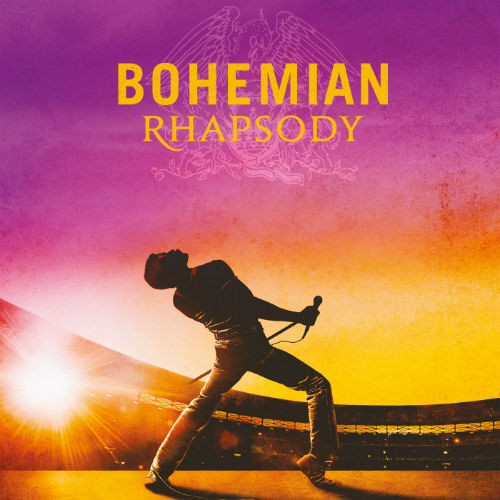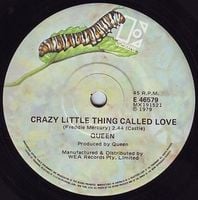

One of those early successes, 1974’s “Killer Queen,” also did well in the US, peaking at #12. Queen released their self-titled debut in 1972 and started scoring UK hits a couple years later. This was this guy’s career move.) Mercury joined Smile, changed their name to Queen, and designed their new logo. Smile were about to break up in 1970, when the original singer left to join a band called Humpy Bong. He’d then worked as a clerk in second-hand stores and as a baggage handler at Heathrow. Mercury, born Farrokh Bulsara in Zanzibar, had settled in London as a teenager and studied art in college. The band had formed in London in 1970, when a student group called Smile adopted their biggest fan, Mercury, as their new frontman. The style of the song was described by author Karl Coryat as rockabilly in his 1999 book titled The Bass Player Book.By the time Queen landed that first #1 with “Crazy Little Thing Called Love,” they’d been stars on both sides of the Atlantic for years. The song was played live on 20 April 1992 during The Freddie Mercury Tribute Concert, performed by Robert Plant with Queen.


Since its release, the song has been covered by a number of artists. Queen played the song live between 19, and a live performance of the song is recorded in the albums Queen Rock Montreal, Queen on Fire – Live at the Bowl, Live at Wembley '86 and Hungarian Rhapsody: Queen Live in Budapest.

Having composed "Crazy Little Thing Called Love" on guitar, Mercury played rhythm guitar while performing the song live, which was the first time he played guitar in concert with Queen. It topped the Australian ARIA Charts for seven weeks. The song peaked at number two in the UK Singles Chart in 1979, and became the group's first number-one single on the Billboard Hot 100 in the US in 1980, remaining there for four consecutive weeks. Written by Freddie Mercury in 1979, the track is included on their 1980 album The Game, and also appears on the band's compilation album, Greatest Hits in 1981. "Crazy Little Thing Called Love" is a song by the British rock band Queen.


 0 kommentar(er)
0 kommentar(er)
